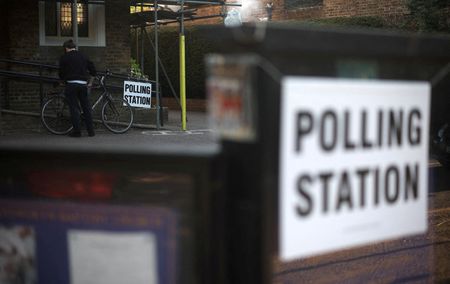LONDON (Reuters) -The pound strengthened against the euro on Thursday, after data showed that a cooling in the British labour market, which had alarmed some policymakers, now appears less acute than the previous report had suggested.
The euro was last down 0.22% on the pound at 86.52 pence, as the data reduced pressure on the Bank of England to accelerate the pace of its rate cuts, supporting sterling.
The labour market numbers presented a mixed picture. Annual wage growth in the three months to May was 5.0%, its lowest since the second quarter of 2022, but was still slightly higher than the 4.9% median forecast from economists in a Reuters poll.
In addition, data from the previous month showing a dramatic 109,000 drop in the number of employees on company payrolls in May was revised to show just a 25,000 decline.
“Today’s labour market report continues to paint a picture of a loosening jobs market. That said, the labour market picture looks better than it did last month,” said Sanjay Raja, Deutsche Bank’s chief UK economist, in emailed comments.
In combination with Wednesday’s hotter than expected British inflation data, the jobs numbers leave the Bank of England in a somewhat tricky situation, balancing sticky inflation, and slowing, if not collapsing employment.
However, for this year, “this takes some of the pressure off the Bank of England to cut rates more quickly”, said James Smith, developed markets economist, UK, at ING in a note.
As well as the euro, the pound was stronger on most other currencies including the yen, and Swiss franc.
Versus the dollar, however the pound was down 0.15% at $1.1340, as the U.S. currency strengthened across the board, recovering from its Wednesday selloff.
On Wednesday, media reports saying U.S. President Donald Trump was likely to soon fire Federal Reserve Chair Jerome Powell sparked a drop in the dollar.
Trump said later that day he was not planning on firing Powell, but kept the door open to the possibility and renewed his criticism of the central bank chief for not lowering interest rates.
(Reporting by Alun John;Editing by Alison Williams)











